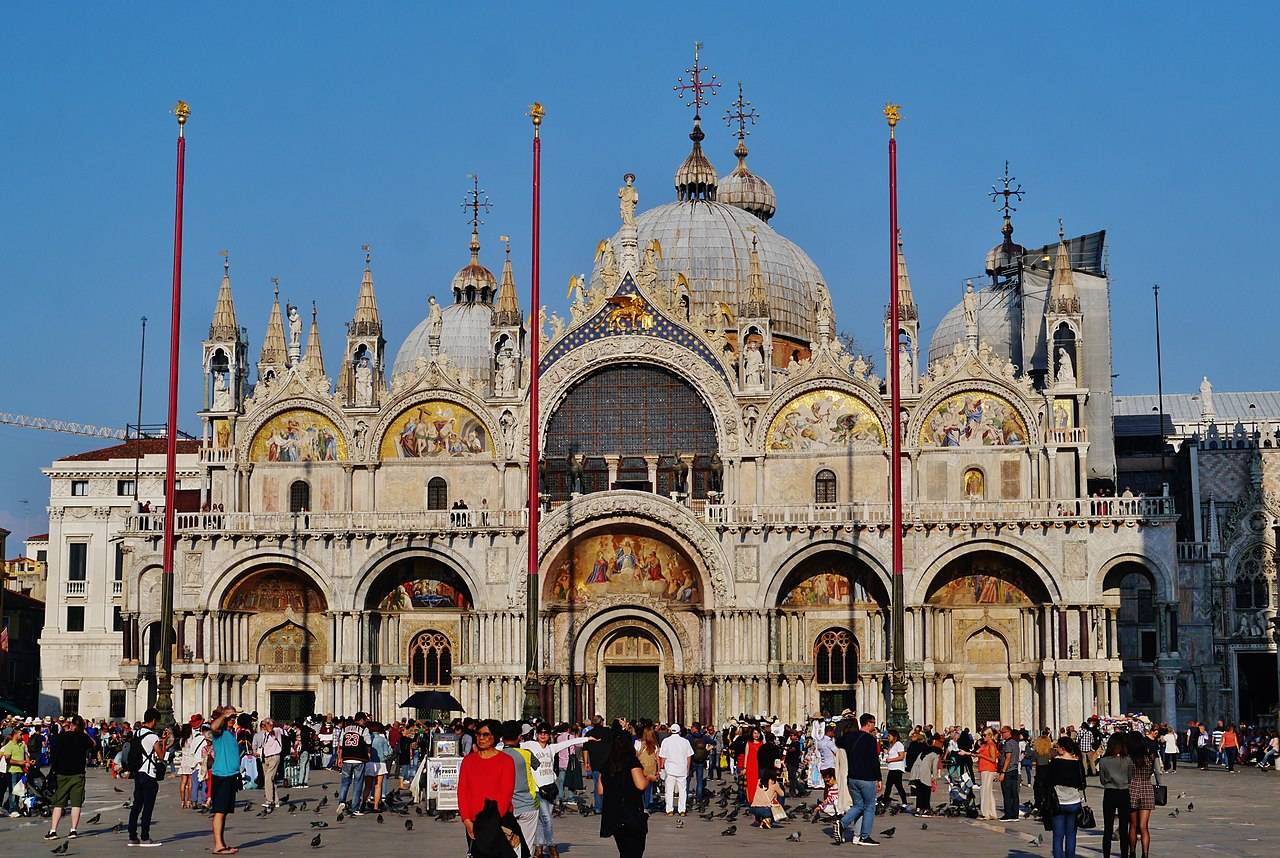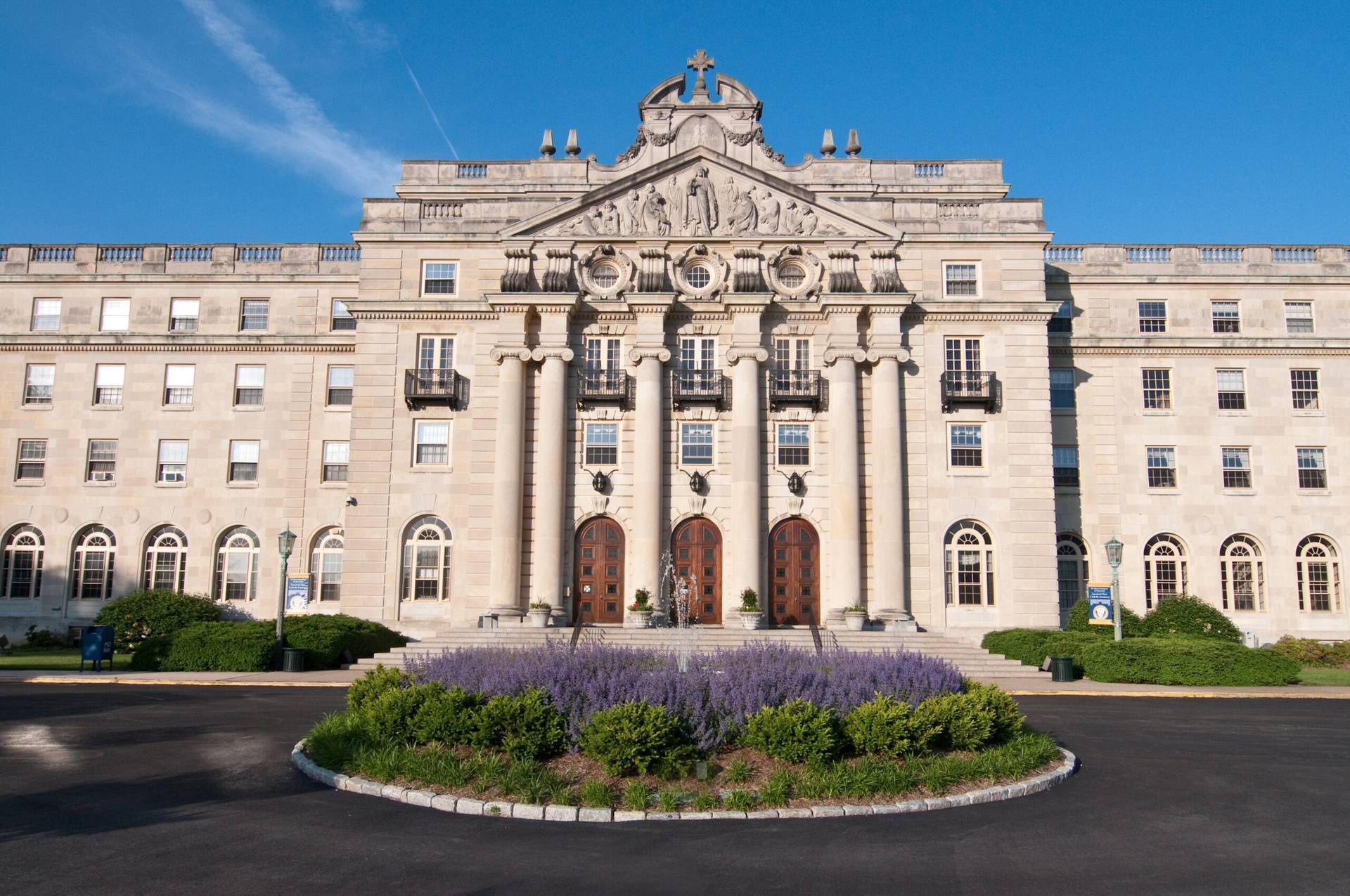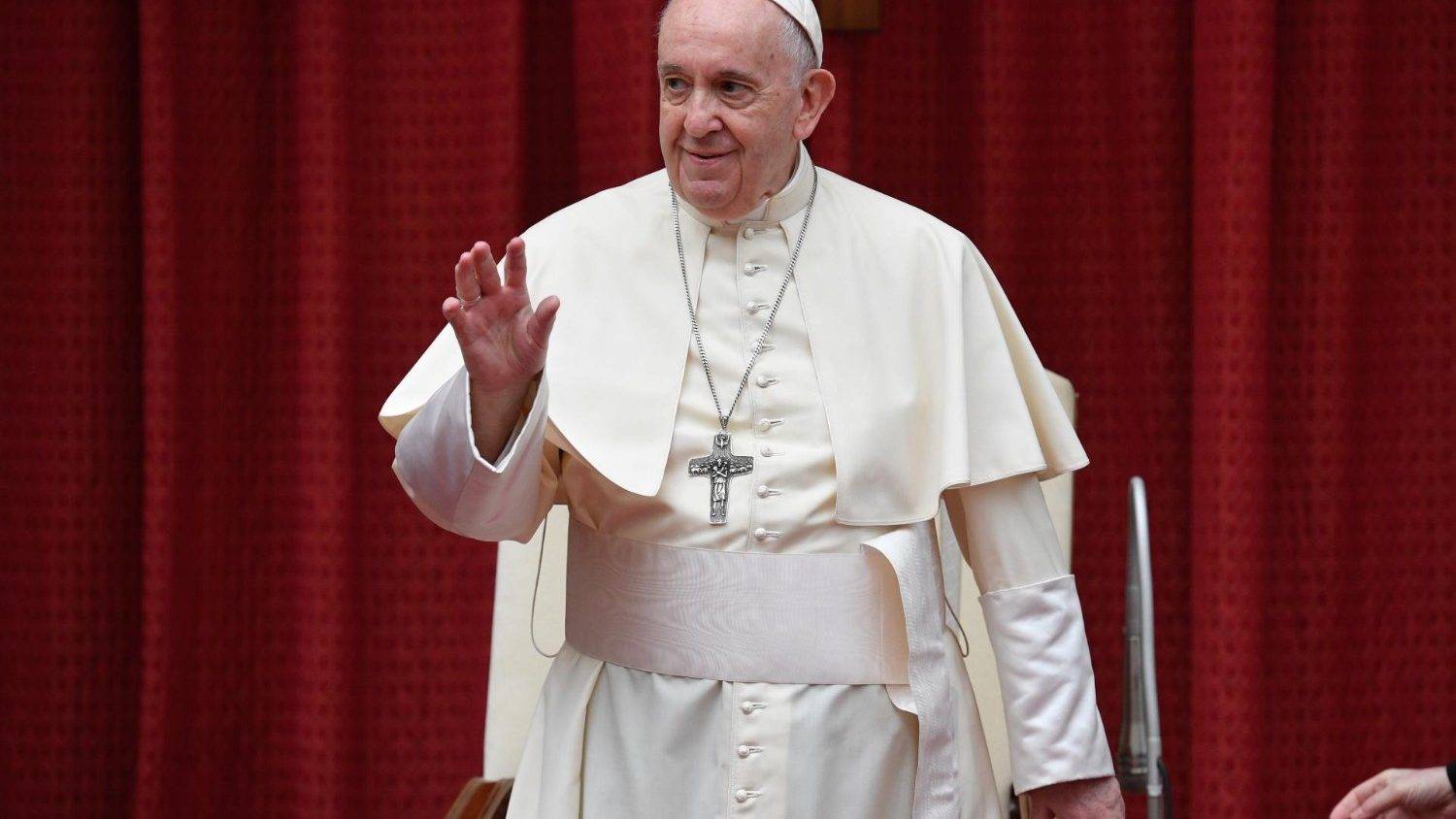ROME – As Pope Francis’s ongoing Synod of Bishops on Synodality wraps up its second phase and prepares for the first of two large Rome-based gatherings, organizers have said a prominent theme in the process has been embracing the church’s diversity.
Speaking to members of the press Thursday, Archbishop Timothy John Costelloe of Perth, president of the Australian bishops’ conference, said, “One of the most important things that we are experiencing on the journey, and that we experienced very powerfully during these continental assemblies, is that there is in fact more than one way of being the Church.”
“I think that’s a very important thing and something that’s emerging as a significant feature of this synodal journey,” he said.
As the synod process goes on, “we’re going into a deeper experience of synodality and in doing that, we’re recognizing and celebrating this reality of great diversity,” he said.
Diversity has always been a part of the Church, but Costelloe voiced his conviction that it is something “we need to acknowledge and more and more to celebrate and to be grateful to God for.”
“I would say that what is happening, both in the ideal world, but also in reality, is that we’re beginning to experience a profound unity, which is not only not grounded in uniformity,” he said, saying, “we all know, unity and uniformity are not the same thing.”
Costelloe spoke alongside other organizers, including Sister Nathalie Becquart, undersecretary of the Synod of Bishops, at a press conference on the close of the synod’s continental phase, which featured seven continental assemblies of bishops and other delegates discussing the challenges and opportunities the church in their respective areas face.
Formally opened by Pope Francis in October 2021, the Synod of Bishops on Synodality is officially titled, “For a Synodal Church: Communion, Participation, Mission,” and is a multi-stage process that will culminate in two Rome-based gatherings in October of this year and October 2024.
Though still difficult for many to define, “synodality” is generally understood to refer to a collaborative and consultative style of management in which all members, clerical and lay, participate in making decisions about the church’s life and mission.
From Oct. 4-29, bishops and select delegates, including laypeople, will gather in Rome for the first of a two-part discussion, which will close with a similar gathering in October 2024. According to organizers, the exercise is aimed at making the church a more open and welcoming place, driven less by a clerical power-structure and more on collaborative leadership.
After an initial consultation with laypeople at the diocesan level, reports summarizing the conclusions were sent to national bishops’ conferences and a document was drafted as the basis of reflection for the continental stage of the synod.
The document, published last October, offered a global view of what Catholics at all levels of the church believe need to happen for it to be a place of welcome and inclusion. The document openly addressed once taboo topics in the church, such as the treatment of the LGBTQ community, families in irregular situations such as divorced and remarried couples, and the inclusion of women, including women’s priestly ordination, as well as topics of regional relevance, such as the environment and those living in a context of war.
As part of the continental phase, seven assemblies were held between February and March of this year for bishops to discuss the continental phase document and the issues that emerged in their own regions. The results have been sent to the Vatican to aid in preparations for the October gathering in Rome.
The continental assemblies covered the regions of North America, Oceania, Europe, Asia, Africa and Madagascar, Latin America and the Caribbean, and the Middle East.
During Thursday’s press conference, Becquart echoed Costelloe’s remarks, praising the diversity of each of the continental assemblies and of the local church in the regions where the assemblies were held.
“Diversity can be a path to unity” in the church, she said, saying each local church “has something to share with others” and that in each of the assemblies, “there was something to be given as a gift.”
Becquart, who attended the majority of the seven continental assemblies, said one of the most striking aspects of this synod phase was experiencing the life of the local church in each place.
She noted that during the continental assembly for the Middle East, held in Lebanon and attended by the heads of a variety of different rites and churches in the area, had commented that it is usually the bishops who come to Rome, rather than having an official from the Roman curia come to them.
“Now can’t you think of the Church with only native Catholics,” she said, noting that due in large part to migration and the advent of the digital world, local communities are no longer isolated from others, and many have members that come from different areas, meaning the Church “can’t think of itself only as local Church with local people.”
Speaking of the synodal process, she said, “we live it as an exchange of gifts: each culture, each local church, has something to give to others. In each you have seeds of synodality, but also obstacles.”
“It’s not an obstacle to have all these diversities,” she said, saying one of the major questions the synod has to reckon with is, “What should be decided at each level” of the Church, and “how to articulate this particular principle of unity with adaption and with flexibility.”
In addition to the seven continental assemblies, a parallel “digital synod” was held online, which according to Father Lucio Adrián Ruiz, secretary general of the Vatican’s Dicastery for Communication, collected the answers from roughly 150,000 questionnaires from 115 countries around the world.
Most of the participants were 18-40 years old, and around 30 percent were non-believers, he said, saying the results of the online discussions that took place will be an important part of the October discussion.
Father Hyacinthe Destivelle of the Vatican’s Dicastery for Promoting Christian Unity also attended Thursday’s press conference to discuss four international conferences taking place between 2022 and 2023 exploring the aspect of synodality in four different Christian traditions: Orthodox and Eastern Orthodox churches, historical Protestantism, and new ecclesial realities.
“Synodality and ecumenism are in fact two paths that have a common goal: a better witness of Christians today, ‘so that the world believes,’” Destivelle said.
Asked by reporters what obstacles there still are in the process and whether there is any further clarity about what synodality means for those who are still confused, Becquart said the synod is a process that is happening “step by step” and that not everyone lives synodality in the same way.
However, she said that in her experience, the continental assemblies demonstrated “a greater commitment to continue the path of synodality and the conviction that it is the path of today.”
Costelloe admitted that some are still struggling with the process “and don’t understand it.”
“The only way to understand the synodal journey is to engage in the synodal journey, and to engage in it helps us understand what it is,” he said, noting that there are still many people who have not engaged in the synod thus far, “but the invitation is there.”
He cautioned against wanting an immediate answer “to something that will only be known as the journey continues. We just have to be patience and allow it to unfold, using all the skills and insights we have, and trusting that the Holy Spirit is leading us in the direction we need to go.”
One thing that Costelloe is key to understanding the synod as it goes forward is that, differently than past synod gatherings, this process is not focused on any one issue, but is rather “a synod on how the church grows in understanding of being a synodal church, how it can find better and more productive ways of dealing with these issues,”
“One of the risks of this synod is that we think of it as a synod on this or that issue, but it’s a synod on how to become synodal and address any issue in a synodal way,” he said.
Becquart said the official working document for the Rome gathering in October, called the instrumentum laboris, will be published in May.
Though she declined to give specifics, she gave hints as to who other than bishops might participate as auditors and observers, noting that the continental assemblies were also attended by the leaders of other religions, including Muslims, as well as non-believers.
Follow Elise Ann Allen on Twitter: @eliseannallen












